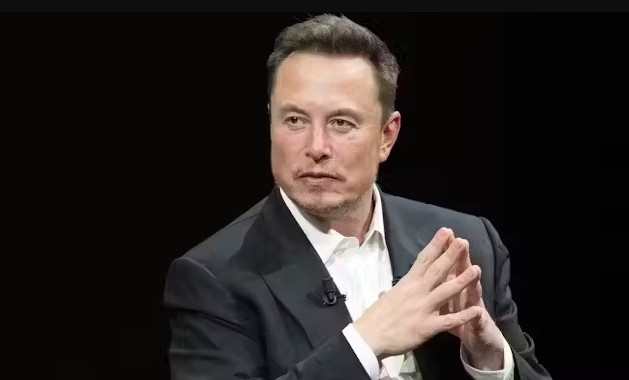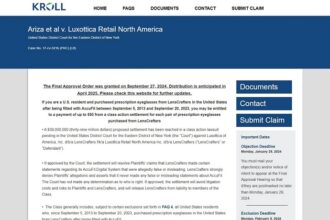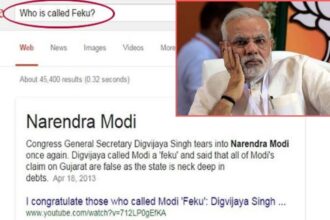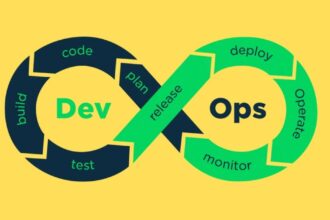In what could be the most significant financial scandal in modern American history, Elon Musk has leveled explosive allegations against the federal government’s spending practices. As the newly appointed head of the Department of Government Efficiency (DOGE), Musk claims to have uncovered systematic fraud and mismanagement potentially totaling hundreds of billions of dollars annually.
The Scale of the Scandal: “Beyond Imagination”
“At this point, I am 100% certain that the magnitude of the fraud in federal entitlements exceeds the combined sum of every private scam you’ve ever heard by FAR. It’s not even close,” declared Musk in a recent statement that was subsequently shared by President Donald Trump.
According to Musk, the federal government is hemorrhaging money through a complex web of mismanagement, unchecked spending, and outright fraud. The billionaire entrepreneur, known for his data-driven approach, estimates that fraud within federal programs could exceed $100 billion annually, with approximately $50 billion classified as “unequivocal and obvious fraud.”
The allegations span multiple government sectors, from entitlement programs like Social Security and Medicare to international funding through Non-Governmental Organizations (NGOs). Perhaps most alarming is Musk’s claim that over $100 billion in federal payments are being made annually to individuals without Social Security Numbers or temporary identification—a revelation that has sent shockwaves through Washington.
The NGO “Money Laundering” Machine
In a wide-ranging interview with Joe Rogan, Musk described the “NGO system” as “perhaps the biggest scam ever,” characterizing government-funded NGOs as an oxymoron that enables activities that would otherwise be illegal if conducted directly by government agencies.
“If you have a government-funded non-governmental organization, you’re simply a government-funded organization,” Musk explained. “It’s an oxymoron. Government-funded NGOs are a way to do things that would be illegal if they were the government but are somehow made legal if it is sent to a so-called non-profit.”
Musk specifically highlighted cases where individuals with minimal prior experience received billions in government funding through newly established organizations. He described a system where politically-connected operators could leverage relatively small investments into massive government grants—a practice he alleges billionaire George Soros perfected.
“George Soros was really good at this. George Soros is like a system hacker,” Musk said. “He figured out that you could leverage a small amount of money to create a non-profit, then lobby the politicians to send a ton of money to that non-profit.”
According to Musk, these organizations often operate with minimal oversight, despite receiving billions in taxpayer dollars. He alleges that many continue receiving funding long after the original approving officials have retired or even died, with payments continuing automatically without review.
Entitlement Programs: “The Biggest Scam in American History”
Musk’s investigation has expanded beyond international funding to domestic entitlement programs that serve as lifelines for over 70 million Americans, including Social Security, Medicare, Medicaid, and welfare systems.
The DOGE chief has alleged systematic abuse within these programs, claiming that billions are being paid to individuals without proper verification or oversight. In one particularly troubling assertion, Musk suggested that approximately $1 billion per week is being lost to “obvious fraud” within these systems.
These programs, which represent a substantial portion of the federal budget, have historically been subject to political protection due to their importance to vulnerable populations. However, Musk argues that failing to address the fraud ultimately harms legitimate beneficiaries by threatening the long-term viability of these safety nets.
“America’s going bankrupt,” Musk warned. “That just can’t happen.”
The Payment System Breakdown: “Untraceable Blank Checks”
At the heart of Musk’s allegations is the federal government’s payment infrastructure, which he describes as fundamentally broken. According to the DOGE chief, the government’s main payment system—responsible for nearly $5 trillion in annual disbursements—lacks basic controls that would be mandatory in any private enterprise.
“You could put a payment through with no payment categorization code and no description on the payment. Like basically untraceable blank checks,” Musk explained. “This is the kind of thing that if it was done as a public company, the company would be immediately delisted and the executive team would be thrown in prison, but this is just normal at the government.”
Even more concerning, Musk claims that the government’s “Do-Not-Pay” list—designed to block payments to fraudulent entities, deceased individuals, and organizations linked to terrorist activity—is routinely ignored, allowing billions to flow unchecked to ineligible recipients.
Musk pointed to specific examples where Congress had allocated billions for clearly defined purposes, only to have the money disappear without achieving the intended goals. “Senator Collins was telling me about how she gave the Navy $12 billion for more submarines, but got no extra submarines. And then held a hearing to say where did the $12 billion go. And they were like, we don’t know,” he recounted.
DOGE’s Reform Agenda: Closing the Floodgates
Under Musk’s leadership, DOGE has outlined a series of immediate reforms aimed at addressing what he describes as a “dire situation” requiring urgent intervention:
- Mandatory Payment Categorization: Implementing a structured coding system to track where taxpayer dollars are flowing
- Required Payment Justifications: Ensuring all disbursements include explanations for why money is being spent
- Enhanced “Do-Not-Pay” Enforcement: More frequent updates and stricter adherence to fraud prevention systems
- Systematic Audits: Reviewing long-standing payment arrangements that continue without oversight
- Verification Requirements: Ensuring recipients have proper identification and eligibility
While acknowledging that not all government spending is wasteful—he estimates 5-10% of NGO funding does legitimate work—Musk insists that the vast majority represents inefficiency at best and outright fraud at worst.
“There’s going to be some percent good that they add in there, but it might be 5 percent or 10 percent good, but 90-95 percent not,” Musk said regarding NGO funding.
Political Fallout: A Washington Divided
Musk’s allegations have predictably split Washington along partisan lines. Supporters, including President Trump, have embraced the findings as validation of long-held concerns about government bloat and inefficiency. Critics, meanwhile, have demanded more substantial evidence before accepting claims of such magnitude.
The political stakes are enormous. The programs under scrutiny represent core government functions and safety nets relied upon by millions of Americans. Any substantial reforms would likely face significant resistance from various stakeholders, including federal employees, program beneficiaries, and political opponents.
However, with the federal deficit continuing to grow and national debt exceeding $35 trillion, the pressure for meaningful reform has never been greater. Musk’s high-profile role and blunt assessment have brought unprecedented attention to issues of government efficiency that have historically struggled to capture public interest.
“The reason I’m putting so much effort into this is that I think it is a very dire situation. It’s not optional basically,” Musk emphasized. “America’s going bankrupt.”
As DOGE continues its investigation and begins implementing reforms, the true scale of the alleged fraud—and the viability of Musk’s proposed solutions—will become clearer. What is already evident, however, is that Musk’s appointment has fundamentally altered the conversation around government spending and accountability in ways that will likely reverberate throughout Washington for years to come.
Whether this represents the beginning of meaningful reform or another chapter in Washington’s long history of attempted efficiency initiatives remains to be seen. What’s certain is that Musk, true to form, has wasted no time in disrupting the status quo.
































